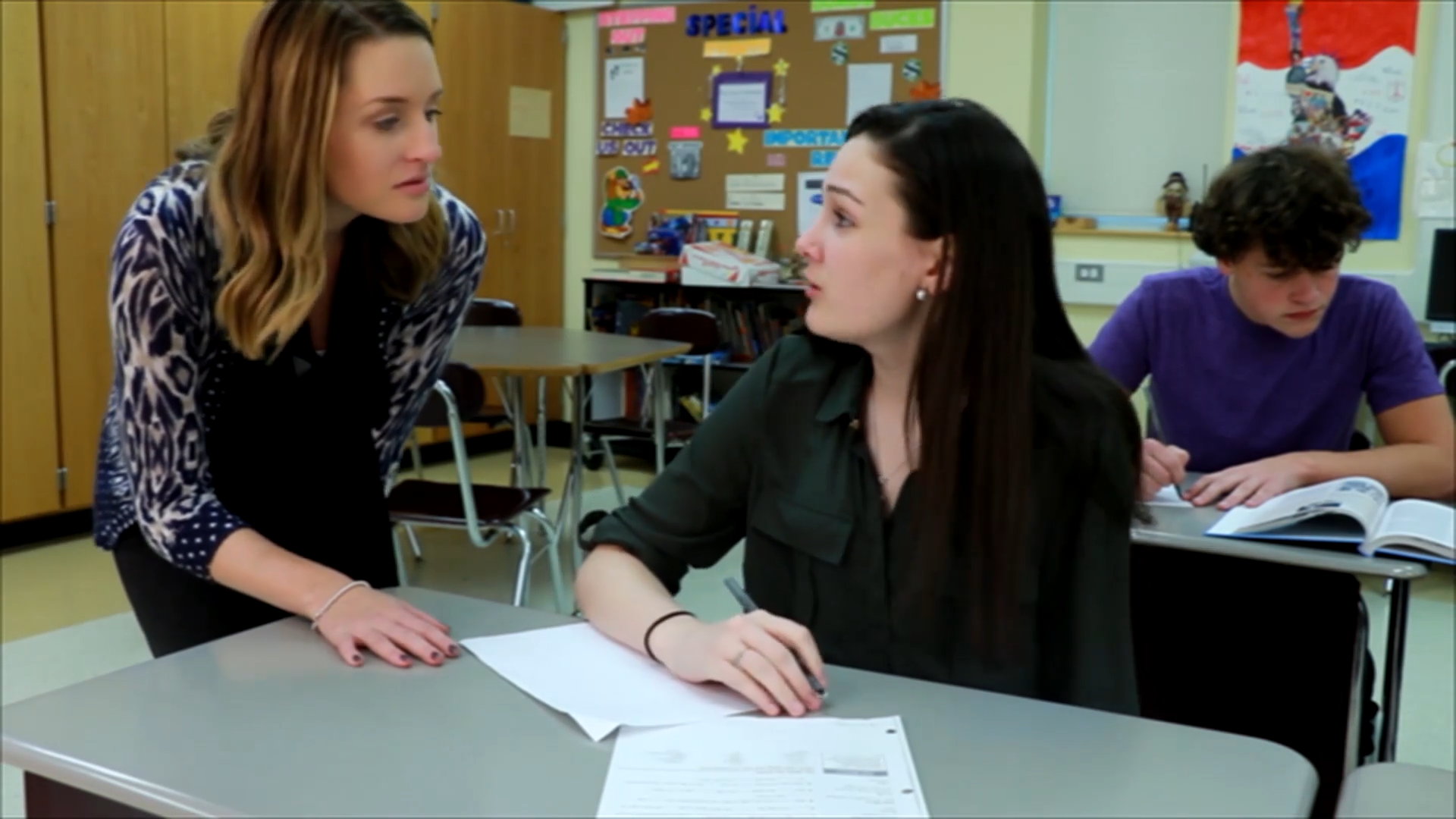Helping students in special education to effectively communicate their needs and problem-solve with their teachers is an essential part of their learning journey. This blog post will discuss an easy-to-implement, no-prep activity to encourage students to seek assistance from their teachers when they face difficulties, along with discussion questions and related skills. Sign up for free sample materials here.
Introduction
Students in special education often need additional support to develop strong communication and problem-solving skills. Encouraging them to ask for help and work with their teachers is vital for their academic and social-emotional growth. The following activity will help students learn to communicate their needs and collaborate with their teachers to overcome challenges.
No-Prep Activity: Role-Playing Help-Seeking Scenarios
In this no-prep activity, educators create various scenarios where students experience difficulties in their schoolwork and need to seek assistance from their teachers. The activity involves role-playing, where students take turns playing the role of the teacher and the student facing the challenge.
- Divide the class into pairs.
- Present a scenario to the class where a student faces a challenge in their schoolwork, such as not understanding a math problem.
- One student in each pair plays the role of the teacher, while the other plays the role of the student facing the challenge.
- The student playing the role of the teacher should offer help and ask questions to understand the challenge better.
- The student playing the role of the challenged student should communicate their needs and work together with the teacher to solve the problem.
- After a few minutes, have the students switch roles and present a new scenario.
- Once all scenarios have been role-played, bring the class back together to discuss their experiences and insights gained from the activity.
Discussion Questions
- Why is it important to ask for help when you face challenges in school?
- How did it feel to play the role of the teacher? What about the role of the student facing a challenge?
- What strategies did you use to communicate your needs and work together with your partner?
- How can you apply the skills practiced in this activity to real-life situations in the classroom?
- What other situations might require you to seek help from your teacher or a peer?
Related Skills
Developing strong communication and problem-solving skills with teachers is just one aspect of a well-rounded social-emotional learning experience. Other related skills that students in special education can benefit from include:
- Active listening: Learning to listen attentively and respond appropriately to others.
- Self-advocacy: Understanding one’s own needs and rights, and expressing them effectively.
- Peer collaboration: Working together with classmates to complete tasks and solve problems.
- Emotion regulation: Recognizing and managing one’s own emotions in various situations.
- Growth mindset: Believing in one’s ability to learn, grow, and overcome challenges.
Next Steps
Now that you have learned about this no-prep activity and its benefits for students in special education, it’s time to put it into practice in your classroom. Sign up for free sample materials here to access more activities and resources to help your students develop valuable communication and problem-solving skills.






